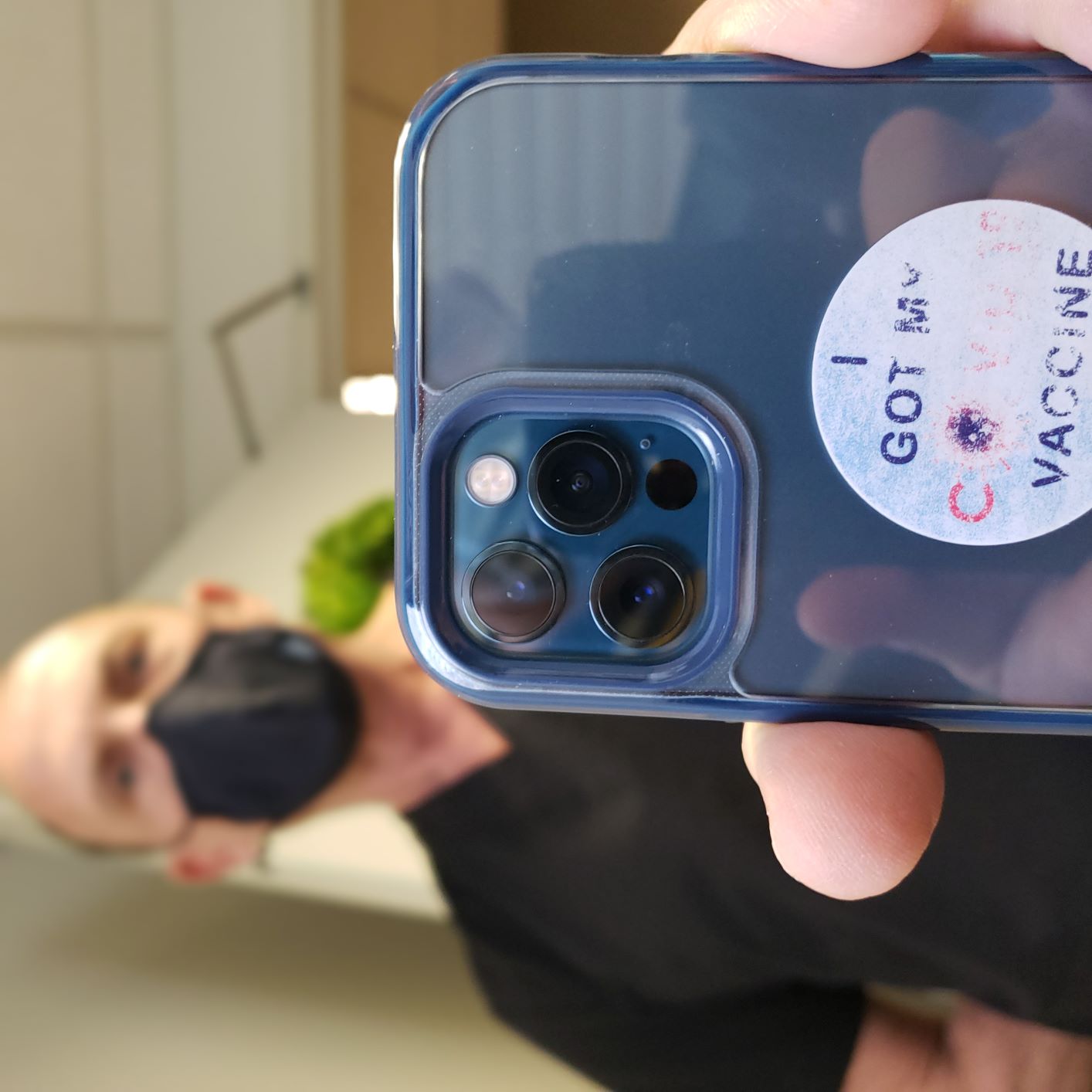“Should I get the COVID-19 vaccine if I’m planning to become pregnant?”

The short answer? New England Fertility says “yes.”
For one thing, this pandemic needs to be controlled, which means vaccinating as many people as possible. Second, complications caused by COVID-19 could be far more severe than any effects from the vaccine. Our position on the vaccine is based mostly on guidance from the American Society for Reproductive Medicine (ASRM) Coronavirus/COVID-19 Task Force.
First, let’s clear up a major misunderstanding that’s currently swirling around: The COVID vaccines from Pfizer and Moderna are mRNA vaccines; they do not contain live virus. This means the vaccines are not likely to increase the risk of infertility, first or second trimester pregnancy loss, or birth defects. Even if you become pregnant between your first and second doses of the vaccine, the Task Force recommends receiving the second dose.
Are there potential vaccine side effects to be aware of? Sure. For example, up to 16 percent of people who’ve received the COVID-19 have experienced a fever, typically after the second dose. Now, consider that between 83 and 99 percent of COVID patients have fevers. High fevers during pregnancy have been associated with neural tube defects (although daily doses of folic acid were shown, in a recent study, to reduce that association). Consider where you want to take your chances.
If you’ve had allergies to immunizations in the past, or you have other risk factors – and even if neither applies to you – talk to your doctor before you receive the COVID vaccine.
Ultimately, the decision to vaccinate against COVID-19 is yours. Based on respected guidance and what we currently know about the available vaccines, however, New England Fertility is encouraging our patients, as well as our community at large, to vaccinate.
